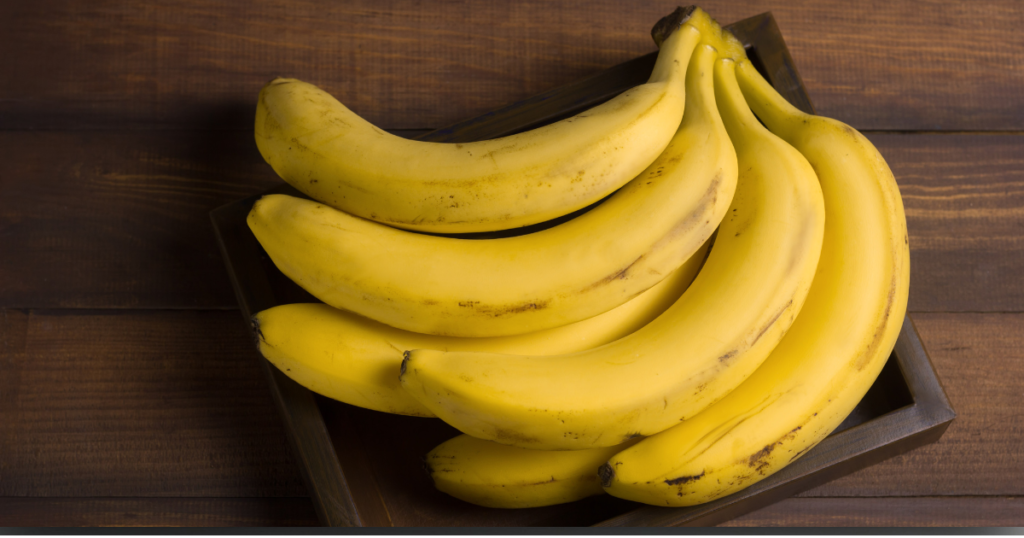Have you ever picked up a bunch of Dole organic bananas and noticed a mysterious number printed on the sticker? If you’ve come across “613588” and wondered “What does 613588 mean on Dole Organic Bananas”, you are not alone. Many consumers find themselves puzzled by these codes, which hold vital information about the product. In this post, we’ll explore the meaning behind this code, its implications for consumers, and why understanding these labels matters for your health and the environment.
Understanding PLU Codes
What Are PLU Codes?
PLU stands for Price Look-Up code, which is a system used by grocery stores to simplify the checkout process and by consumers to identify fruits and vegetables. These numerical codes help distinguish between organic and conventional produce, as well as varying sizes and varieties. For example, what does 613588 mean on Dole Organic Bananas? It is a specific PLU code used to identify organic bananas from Dole.
- Four digits: Typically represents conventionally grown items.
- Five digits (beginning with a 9): Indicates organic produce.
- Five digits (beginning with an 8): Used for genetically modified (GMO) items, but many retailers don’t use this designation.
For example, the PLU code for a conventional banana is 4011, while an organic banana is labeled as 94011.
The Significance of 613588
Now, let’s break down the specific code “613588.” This 6-digit code is a PLU designated for organic bananas, confirming that your fruit is grown without synthetic pesticides or fertilizers. It also means the bananas meet certain standards set by organic certifying bodies.
- 613588 is specifically used for organic bananas that meet Dole’s quality standards.
- The number does not denote any particular variety but instead indicates they are organic.
Importance of Organic Certification
What Does Organic Really Mean?
Choosing organic produce has become increasingly popular among health-conscious shoppers. But why is it so important?
- Health Benefits: Organic fruits and vegetables generally have lower pesticide residues. Studies show that organic produce may contain higher levels of antioxidants, which can help protect your body from disease.
- Environmental Impact: Organic farming practices aim to maintain soil health, reduce pollution, and preserve biodiversity. This sustainable agriculture can help mitigate climate change effects by promoting carbon sequestration in the soil.
“Opting for organic isn’t just a personal choice, but also a step toward supporting sustainable agriculture.”
Dole’s Commitment to Organic Farming
Dole Food Company has made efforts to expand its organic product line, including bananas. The company educates farmers on organic methods and adheres to strict organic standards set by regulatory bodies such as the USDA. What does 613588 mean on Dole Organic Bananas? Here are some of the ways Dole promotes organic banana farming:
- Supporting sustainable practices
- Reducing carbon footprint
- Fostering community health awareness
How to Decode Produce Labels
Your Guide to Reading Produce Stickers
While PLU codes like “613588” provide essential information, understanding how to read these labels can empower consumers to make informed choices. Here’s how to decode produce labels effectively:
- Check the Number of Digits: This often distinguishes between organic, conventional, or GMO.
- Look for Certifications: Approved certifications such as USDA Organic seal guarantee the produce’s organic status.
- Research the Brand: Specific brands may have particular missions or practices regarding sustainability and ethics.
Ask Questions!
When you visit a grocery store, don’t hesitate to ask employees about the products. A few good questions might include:
- Are these bananas locally sourced?
- What measures do you take to ensure the organic integrity of your produce?
Conclusion
The number ‘613588’ on your Dole organic bananas isn’t just a random string of digits; it represents a commitment to organic farming and consumer health. Understanding What does 613588 mean on Dole Organic Bananas empowers you as a shopper to make informed choices about the food you consume and its impact on the planet.
Next time you pick up a bunch of organic bananas, remember that their sticker tells a story—one of sustainability, health, and conscientious agricultural practices.
